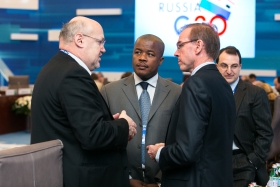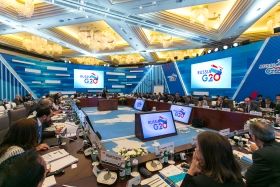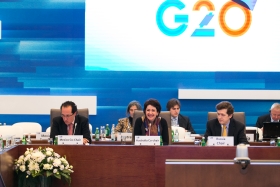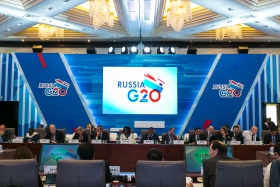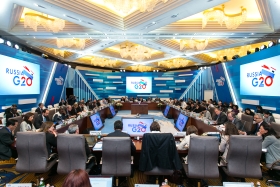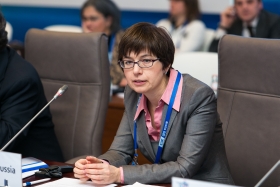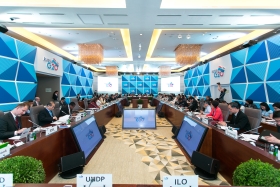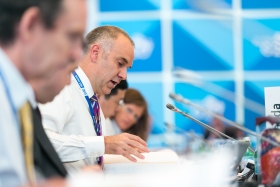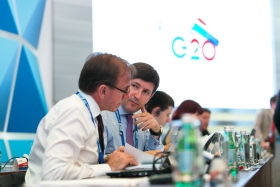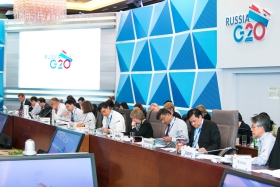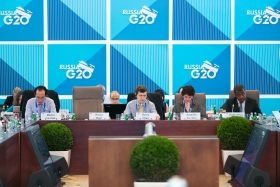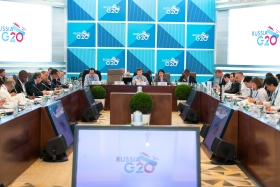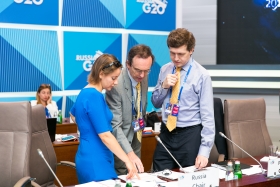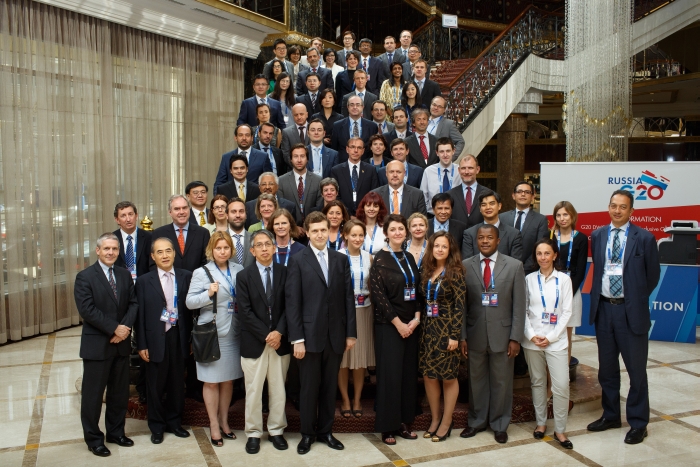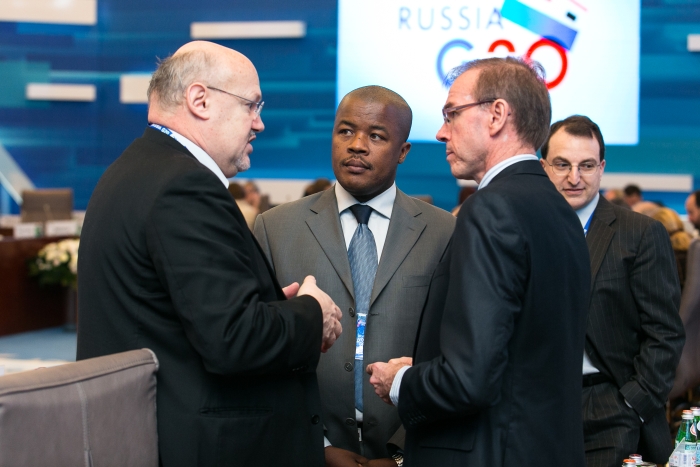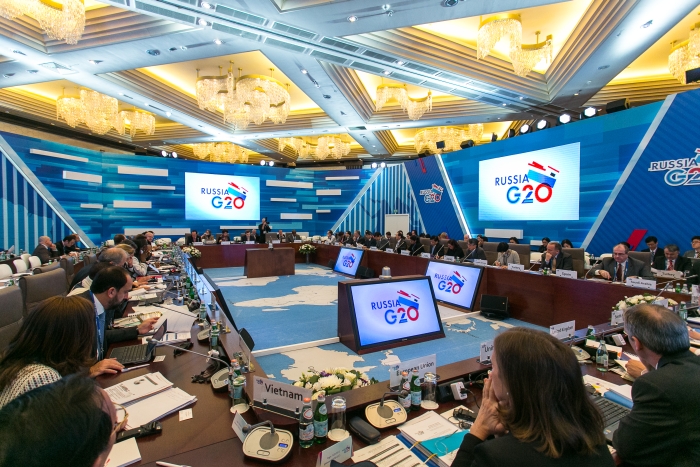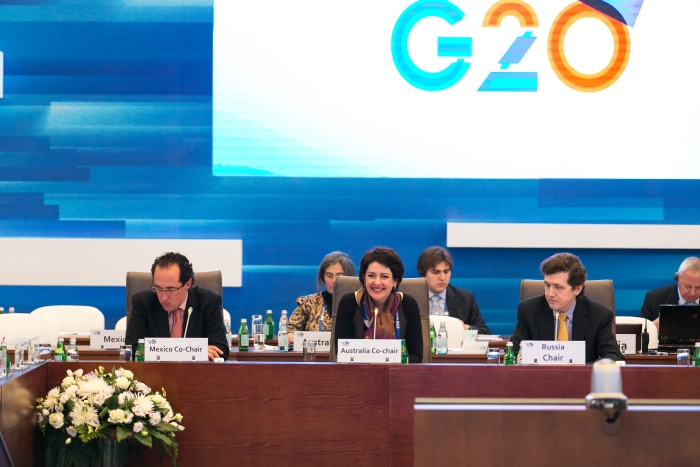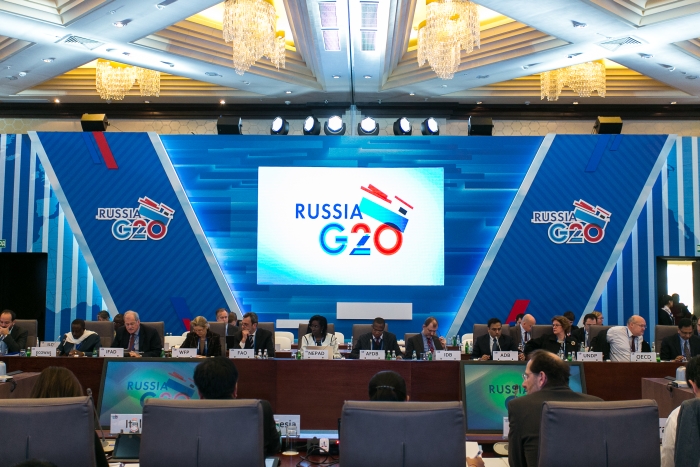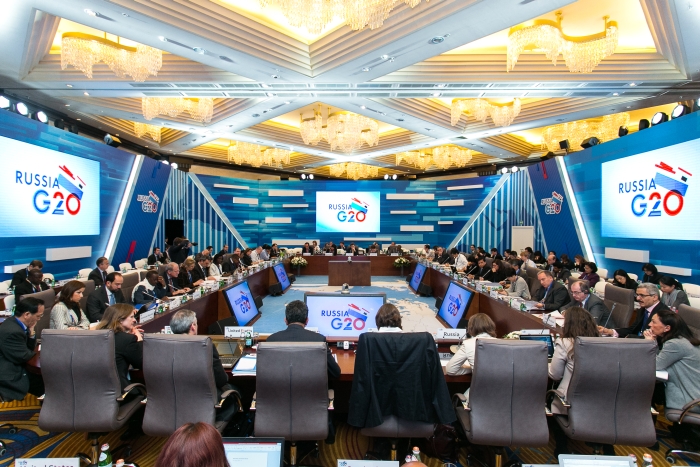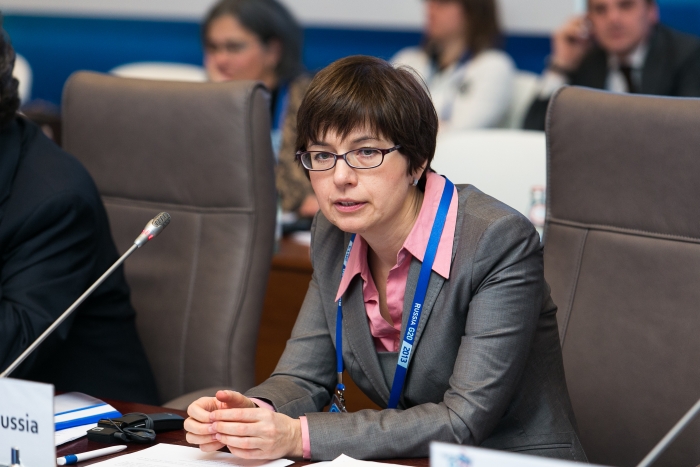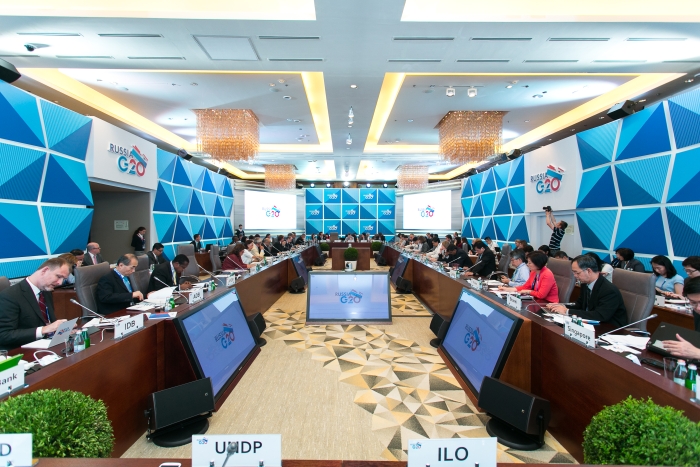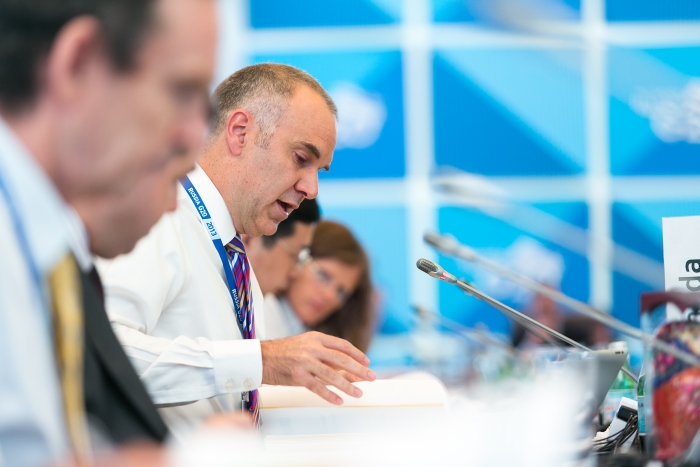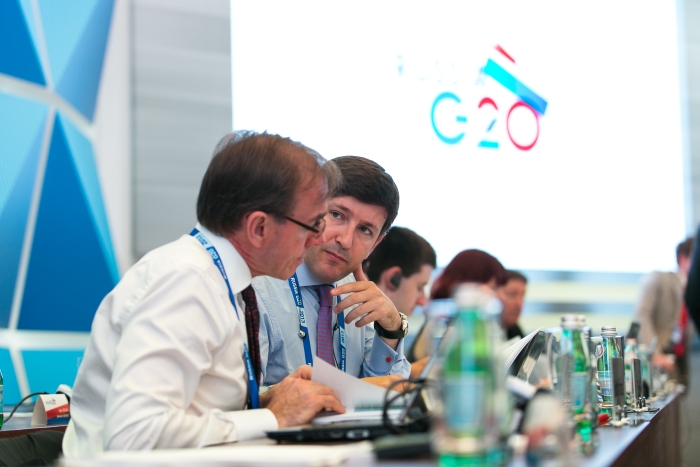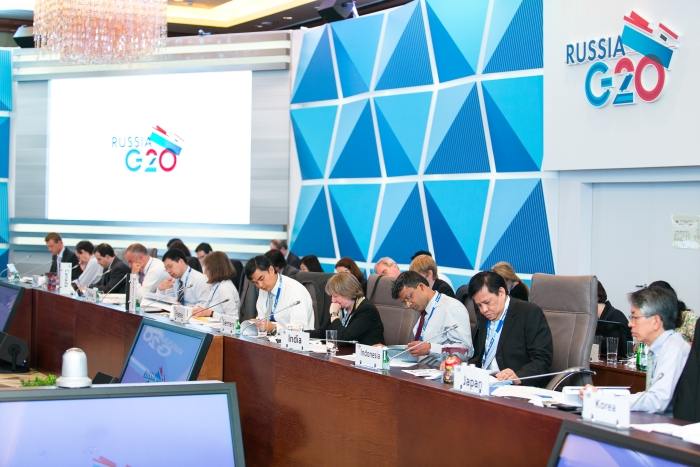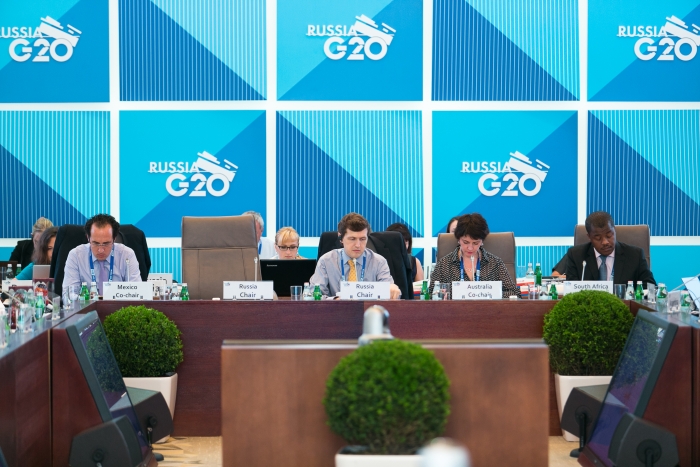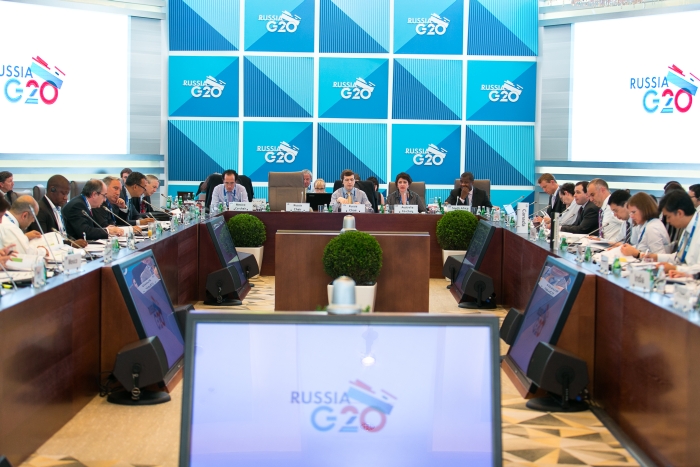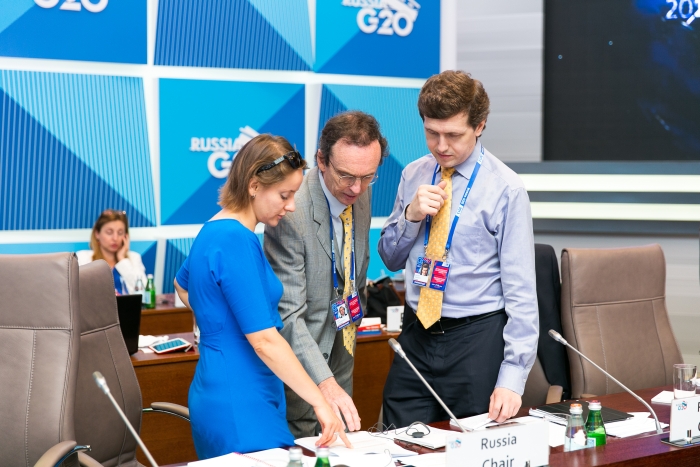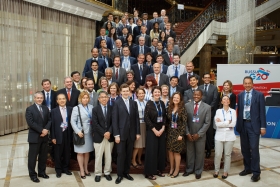About group
Origins of G20 Development Agenda In the wake of the most severe economic shock in recent history, G20 leaders recognized that narrowing the development gap and reducing poverty were integral to the G20’s core objective of achieving strong, sustainable and balanced growth.
The G20 development agenda was launched and firmly anchored in the 2009 G20 Framework for Strong, Sustainable and Balanced Growth (G20 Framework). Development issues were to be addressed jointly with global economic challenges, as they are interdependent with economic growth, job creation, investment climate and poverty reduction.
G20 leaders have recognized that a crucial part of achieving sustained prosperity through the G20 Framework involves enhancing the role of developing countries, in particular low income countries (LICs), in the global economy. Efforts to narrow the development gap and reduce poverty will contribute to a stronger, more sustainable, inclusive and resilient global recovery. The G20 has a responsibility to assist the most vulnerable in the poorest countries that were deeply affected by recent crises. Furthermore, the G20’s actions to strengthen global economic governance and financial regulation directly impact on developing countries, including LICs.
In 2010, the Toronto Summit established the G20 Development Working Group (DWG) with the aim of agreeing a development agenda. In November 2010, G20 leaders adopted the Seoul Development Consensus for Shared Growth to “add value to and complement existing development commitments”. They also adopted the Multi-Year Action Plan on Development (MYAP) to set the new DWG work program.
The G20 provides a unique forum for tackling development challenges. If used effectively, it has significant potential to drive reforms to improve the enabling environment for development and to remove constraints to sustainable growth and poverty reduction. It has the convening power of the leaders of 19 of the world’s systemically significant economies and the EU, and brings together emerging and established donors. G20 members account for 90 per cent of global GDP, 94 per cent of official development assistance (ODA) and almost 70 per cent of the world’s population. These characteristics and the approach the G20 takes to development make its development agenda distinct.
The G20’s approach to development is characterized by its overarching focus on international economic cooperation and is framed by the six G20 Development Principles set out in the Seoul Development Consensus:
1. Focus on economic growth
2. Global development partnership
3. Global or regional systemic issues
4. Private sector participation
5. Complementarity
6. Outcome orientation
The DWG is co-chaired by the presidency “Troika” and a developing country representative. Its work program has been structured according to the nine “pillars” of the MYAP where G20 actions were identified as necessary to resolve the most significant bottlenecks to inclusive, sustainable and resilient growth in developing countries: infrastructure, human resource development, trade, private investment and job creation, food security, growth with resilience, financial inclusion, domestic resource mobilization and knowledge sharing.
Each of the pillars includes specific time-bound actions. Groups of G20 members co-facilitated the pillars, taking the lead in driving the implementation of relevant actions. In most cases, international organizations and multilateral development banks (MDBs) are also closely involved. To tackle development challenges MYAP implementation utilized different mechanisms such as pilot projects, knowledge sharing tools and workshops, and involved engagement with a wide range of partners.
The G20 DWG Information Exchange Facility was established in order to provide acess to the DWG data including working documents, reports, policy and issue notes.

